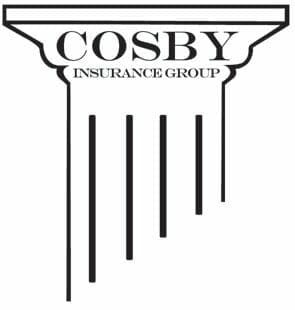The Food and Drug Administration (FDA) authorizes the marketing of drugs only for uses that the manufacturer has demonstrated to be safe and effective. However, the FDA does not regulate medical practice, so physicians may prescribe drugs in ways that deviate from the uses specified in the FDA-approved drug label and marketing authorization, a practice referred to as off-label prescribing. This practice includes prescribing for a different therapeutic purpose, using a different dose or a different duration of use, using a different mode of administration than the one indicated on the label, and prescribing the drug for patients in a different age cohort or gender than the population on which it was tested.
Off-label prescribing makes clinical sense only in exceptional circumstances. If reasonable evidence suggests that the benefit of off-label use will outweigh the risks, that declining to treat the condition poses even greater dangers than the off-label prescription does, and that there is no adequate alternative therapy, then off-label prescribing can benefit patients. However, physicians prescribe off-label much more frequently than is justifiable: seventy percent of off-label uses lack significant scientific support. They risk harming their patients without producing therapeutic benefit.
Physicians value the right to prescribe off-label. Insurers that reimburse such prescriptions make it feasible for patients to purchase the drugs. But it is the pharmaceutical firms’ incentive to increase sales that drives this practice. More sales increases profits, whether the drugs are used as approved or off-label, so manufacturers have powerful incentives to promote off-label use and none to discourage it. Their strategies to promote off-label use are often legal and recent court decisions have made it even easier for them by expanding the scope of activities deemed to be commercial speech protected by the First Amendment. But manufacturers also have incentives to engage in illegal promotion when the expected revenue exceeds any penalties.
Unmanaged off-label drug use compromises sound medical practice and undermines the FDA’s mission of protecting patients by regulating the drug market. Yet public policy fails to track, evaluate, or oversee off-label drug use. Typical reform proposals, such as increased sanctions for illegal off-label promotion, might reduce unjustified off-label use, but addressing the source of the problem would require the following steps. Prescriptions must be tracked to identify and oversee off-label prescribing. Reimbursement rules must change so that manufacturers cannot profit from off-label sales. Manufacturers must pay for independent evaluation of off-label uses when off-label sales pass a critical threshold.
Read the full report here
Resource: Health Affairs Blog, ‘Managing Off-Label Drug Use’ by Marc Rodwin.

